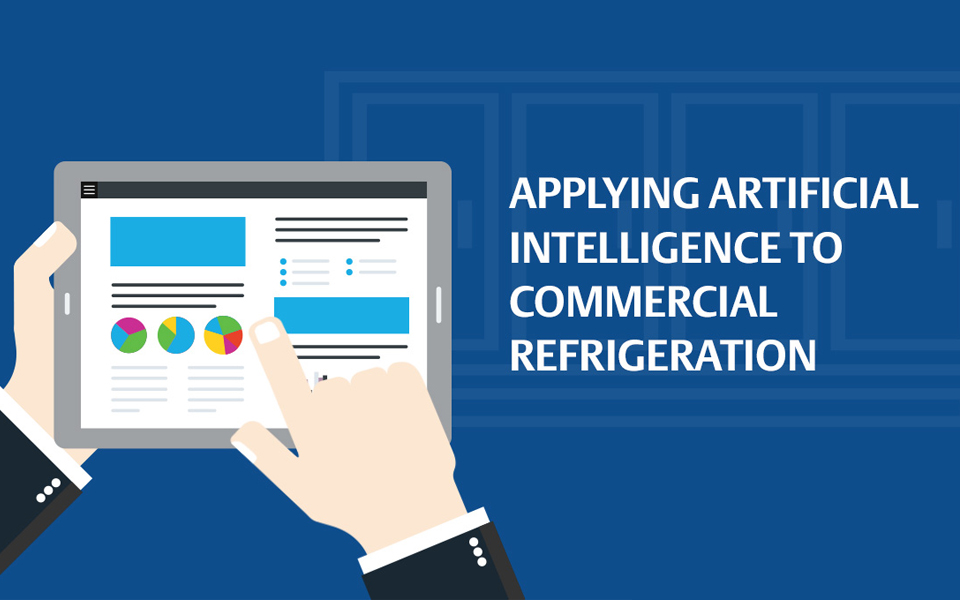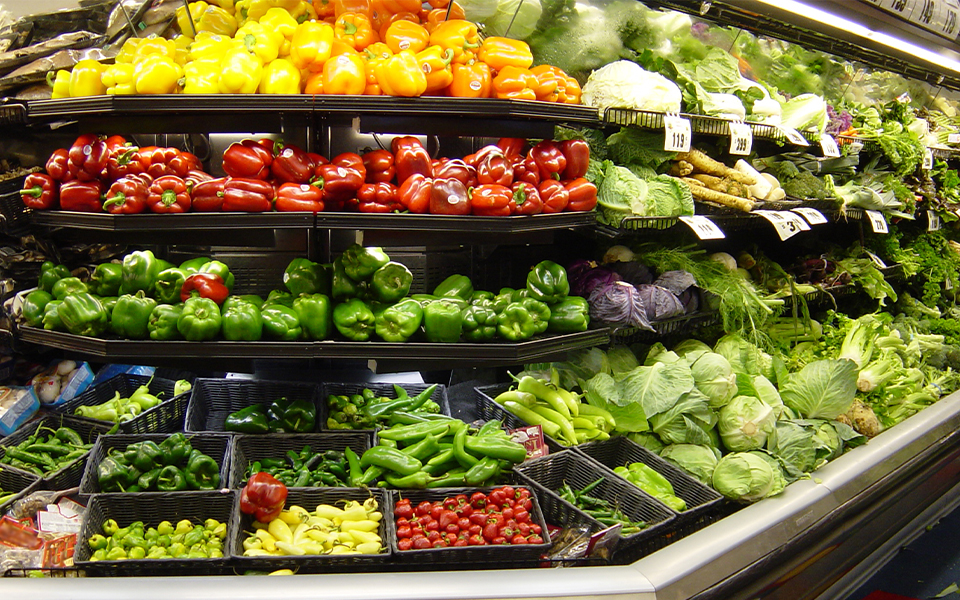*On June 1, 2023 Emerson’s Climate Technologies business became a new standalone company – Copeland. Though our name has changed, we are building on more than a century of HVACR innovation and industry leadership, and Copeland continues to offer the same products, industry stewardship, and learning opportunities you’ve grown to trust. Information found on this webpage posted before June 1, 2023 may contain our old name or branding, but you can be at ease knowing it was created with the knowledge and expertise of Copeland.
Over the past decade, artificial intelligence (AI) has become an ever-present aspect of everyday life. From e-commerce and smartphone functions to social media to modern industry, AI and advanced machine learning (ML) algorithms analyze continuous streams of data to derive predictive insights and optimize performance. Although these data science techniques are not new to commercial refrigeration, food retail and foodservice operators have been relatively slow to embrace AI’s vast potential. I recently participated in an ACHR The News article where we discussed AI’s barriers to adoption and how Emerson is helping to prove the value of AI to its customers.

Another barrier to implementing AI in commercial refrigeration is the challenge of aggregating different sources and types of operational data into a useable format. Many food retailers already have some type of control system in place. Since different control system vendors collect and process data differently, it can be difficult to ensure the accuracy and consistency of the data. In addition, many vendor systems have proprietary constraints that don’t allow data to be shared easily.
Although the industry recognizes the potential of AI to deliver value in commercial refrigeration, food retailers and their servicing teams still have questions about its role in their operations. Demonstrating the value of AI across a wide range of food retail applications will be necessary in order to remove these doubts.
Engaging in proof-of-concept trials
At Emerson, one of the most important jobs we have is to provide the expertise and data science programs to build the business case for AI’s potential value to our customers. As a refrigeration controls, components and equipment manufacturer, we are focused on developing AI-enabled controls and integrated equipment that can deliver numerous benefits for operators and contractors alike.
Currently, we are engaging some of our customers in short-term, proof-of-concept trial periods. This gives us opportunities to demonstrate how our AI and ML solutions can integrate with their operations and deliver the potential for long-term, continuous refrigeration performance improvements. Once they see how quickly we’re able to deliver value and offer a return on investment (ROI), they’re much more interested in exploring a longer-term engagement.
The core of AI and ML technologies resides within the system control devices, which are typically incorporated into the equipment itself. By capturing data from sensors, modern equipment controls can perform a variety of key system optimization functions — from system fault protection and diagnostics to performance management and event scheduling. And in many instances, we can enable these capabilities without having to perform a significant retrofit.
Many of our existing customers already have a data-rich infrastructure — including sensors, controls and modems — that we can tap into and begin delivering insights. We often recommend installing additional sensors, which is relatively inexpensive compared to a full retrofit.
Adding up the advantages
As for the advantages that AI offers, not only can it deliver significant reliability and longevity benefits to commercial refrigeration equipment, but it can also address an ever-expanding variety of store operator and contractor concerns. For operators, we’re building data models that help them to optimize food quality and safety and reduce waste — in applicable case types and perishable food categories.
For contractors, we’re developing ML algorithms that are designed to detect asset health or condition issues. Over time, this data will allow retailers and their contractors to:
-
- Implement more predictive maintenance programs
- Reduce energy costs
- Keep assets running in optimum condition
Today, Emerson is leveraging AI and ML to optimize critical aspects of our customers’ operations. Our solutions utilize sensors that deliver data to powerful control devices — such as the new Lumity™ E3 supervisory control — and integrate with advanced, cloud-based software. By leveraging the deep domain expertise of our refrigeration engineers, we’re able to create data models that maximize refrigeration performance and help our customers to achieve a variety of key food retail and foodservice objectives.

Facility Health Score Insights Program Transforms Enterprise Maintenance
Leveraging refrigeration performance data drives food retail cost reductions. Maintaining proper...

8 proven strategies for rigorous cold chain management
Preparing for the approval and safe use of A2Ls in commercial refrigeration applications...
Protection for high-value shipments just got even better
We’re excited to announce the release of Copeland’s newest real-time tracker, the GO Real-Time...
